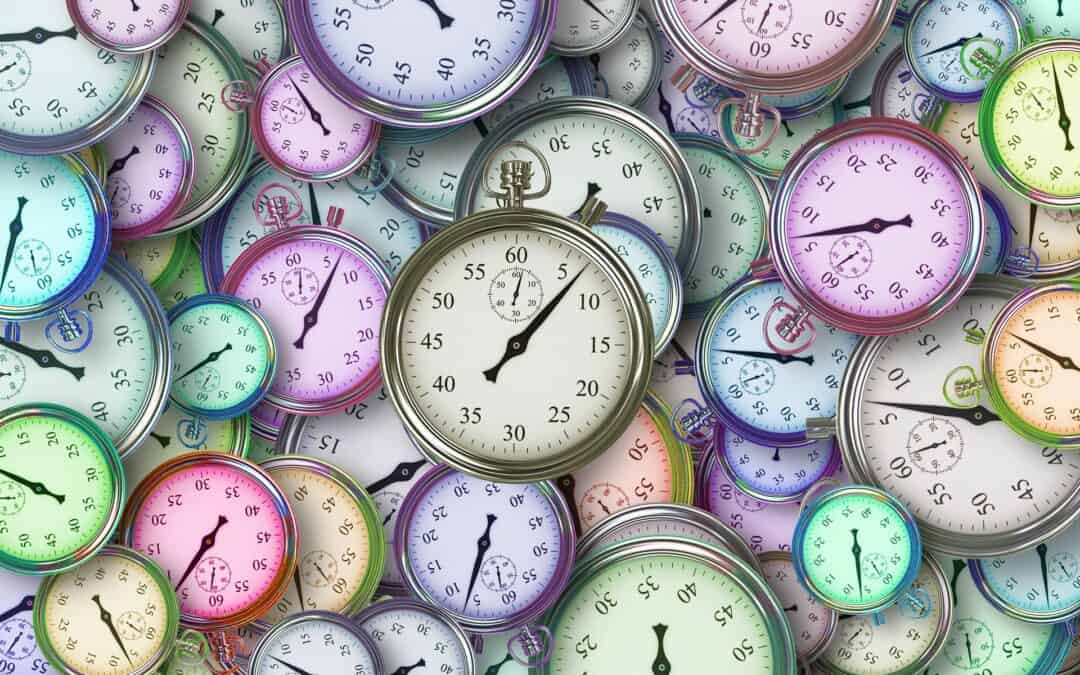Running out of time on the ACT even though you feel you’ve got a pretty good grasp of the content it’s testing? Read on for some tips on how to manage time more effectively on the ACT.
How to Manage Time on ACT English and Reading
To work quickly on the English test, you’ve got to ensure that you have a solid grasp of the rules and conventions of grammar. If you do, you should be able to scrutinize each underlined phrase, read the sentence that contains it, and skim the text that comes before and after that sentence. Slowly reading the entire passage is the wrong approach. Grammatical errors ought to practically elevate themselves off the page, or you haven’t done enough grammar review. To ace the English test, I recommend working with a private tutor—but if you can’t afford that, Erica Meltzer’s Complete Guide to ACT English is a must-own.
The Reading test gives you one of the shortest time constaints (just 35 minutes) on the ACT. To do well, you have to recognize that the ACT doesn’t expect you to have time to read the passage twice and ponder its meaning. Once you’ve mastered close reading, you should be able to read broadly and quickly, skimming for important details. If you find yourself obsessing over questions, you’re wasting precious time. Remember that all of the questions have specific answers present in the text. It can be wise to start with the questions, scan the passage for keywords in each question, answer the question in your own words using evidence from the passage, and matching your answer with the correct answer choice. Remember, too, to commit to one passage at a time—don’t skip around.
How to Manage Time on the ACT Science Test
The ACT Science Test, like the ACT Reading Test, lasts just 35 minutes. It’s also the densest of all four tests: tons of charts, graphs, tables, and writing are packed into each page. To do well on the Science test, you need to dispel the myth that you need tons of science knowledge in order to tackle it. All you need is to not panic. Remember, the ACT Science test is pretty much a Reading test in disguise—it wants you to read and interpret charts and graphs, as well as compare studies and make predictions.
The secret to managing time effectively on the ACT Science Test? Read the questions first. Each question tells you exactly where to look and what to look for—”Table 1,” you should say to yourself, “lava production, time.” Only read what you absolutely need to read to answer each question. It can be hard to adjust to this habit of reading questions first, but you’ll find, when you’re finished, that most of the charts, graphs, and writing on the test are just filler. Only for a select few questions are you required to think very critically or demonstrate outside science knowledge, and this knowledge will likely be quite basic.
How to Manage Time on the ACT Math Test
To manage time well on the Math test, you need to make sure you’ve gotten basic formulas committed to memory. Check out the ACT Math Formula Chart I compiled and learn it well. Since the test doesn’t provide you with many of these formulas, you don’t want to find yourself grasping at straws trying to remember one of them.
The second component to moving quickly on the Math test is to start at the beginning, commit to each question, and guess on questions that you know nothing about. The ACT has no guessing penalty, so you want to be certain you don’t leave anything blank. Make sure you’re familiar with how your calculator operates, and make sure it’s got plenty of battery power—you don’t want to waste precious time fumbling with it.
* * *
For more ACT tips, tricks, and advice, check out our free guides! Looking for tutoring? Contact us today.
